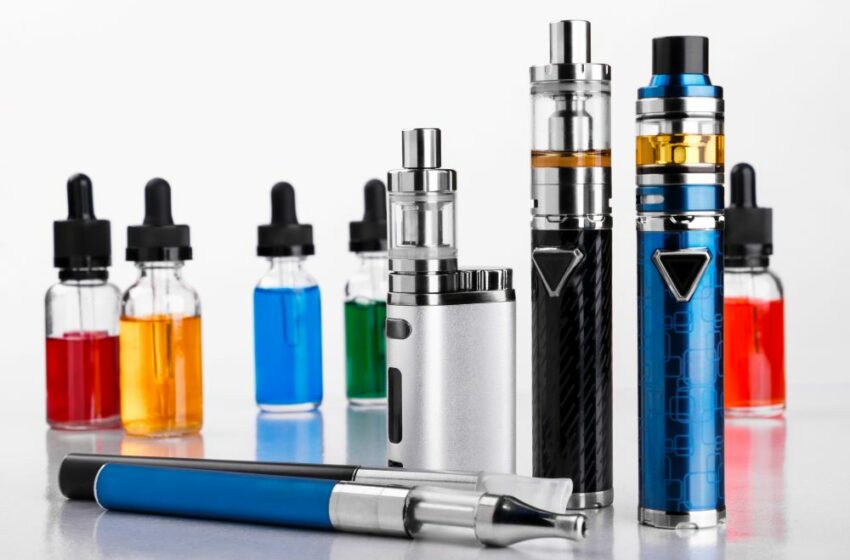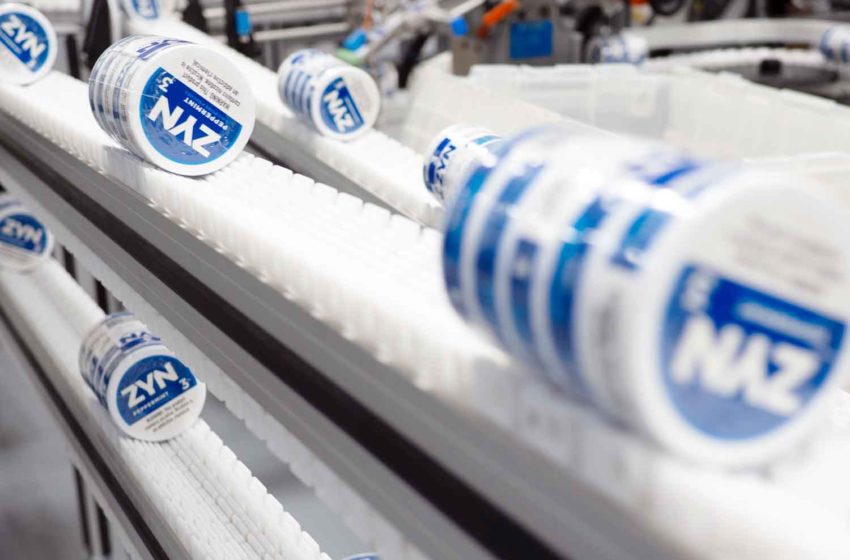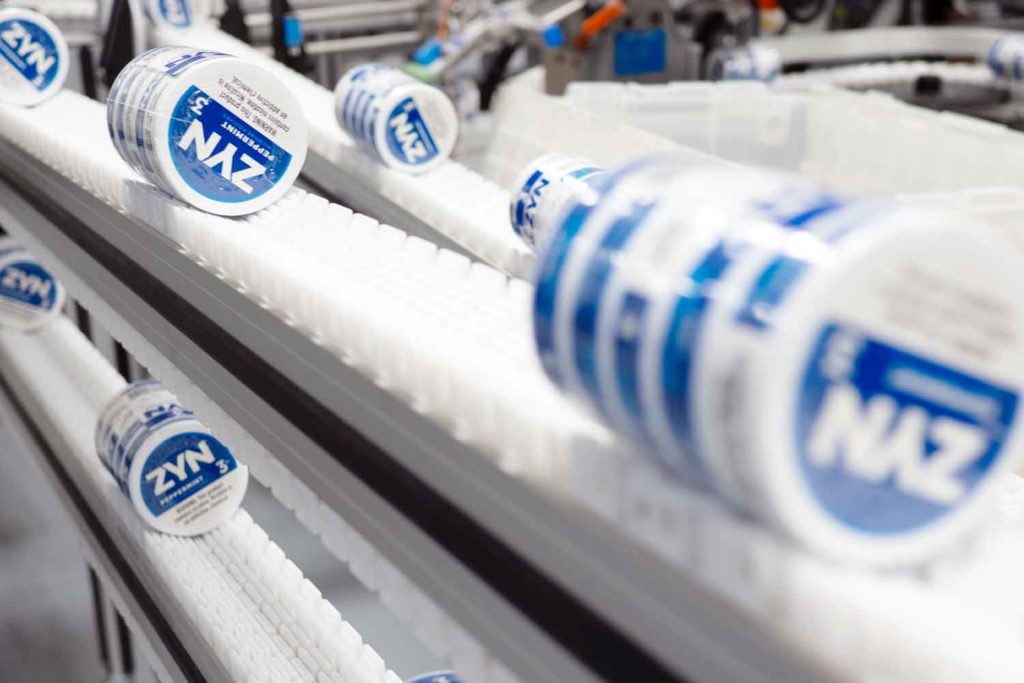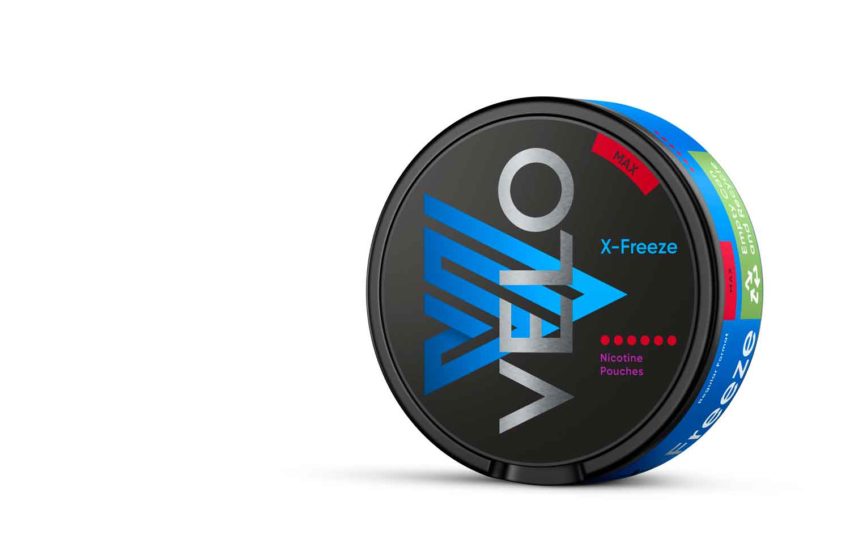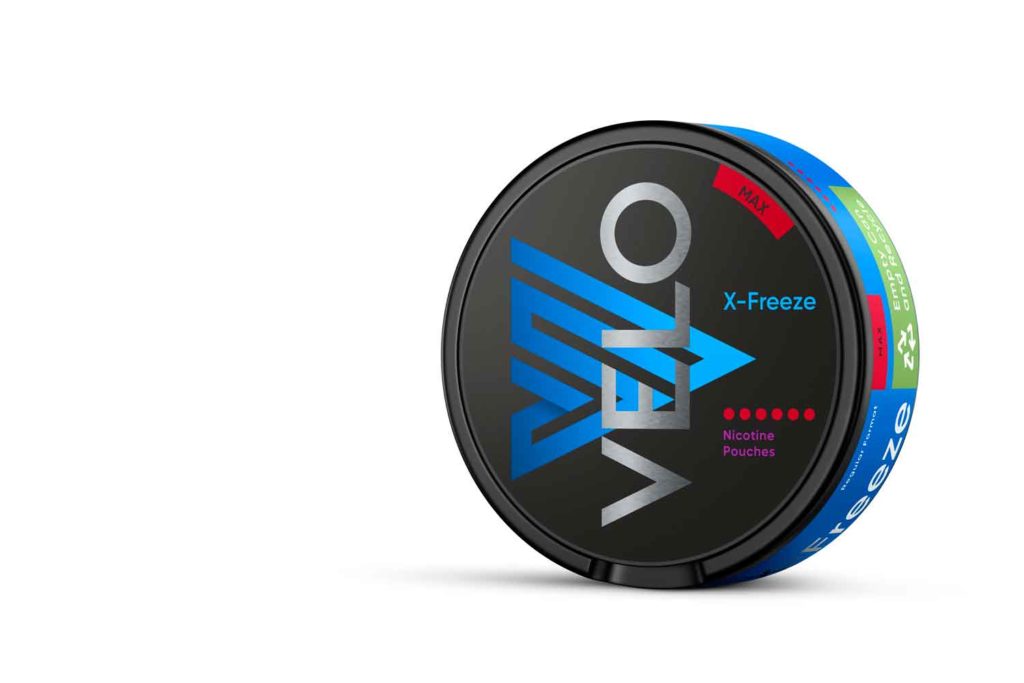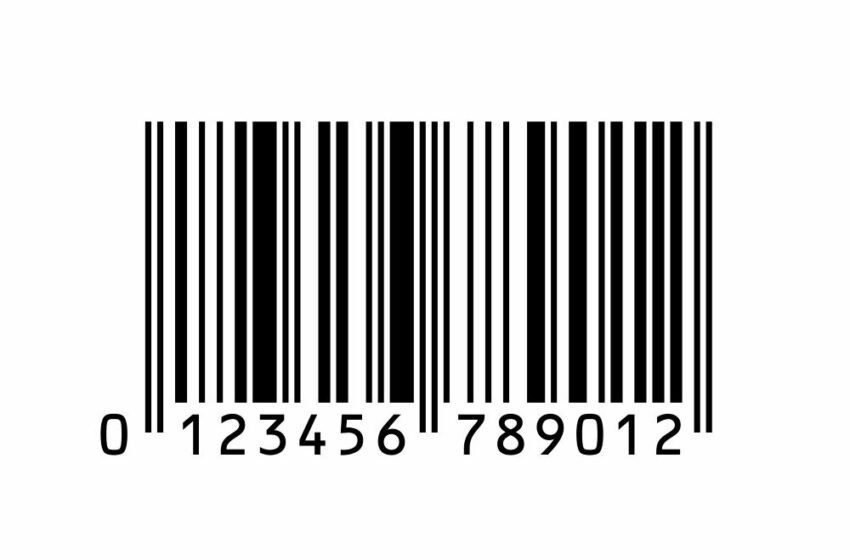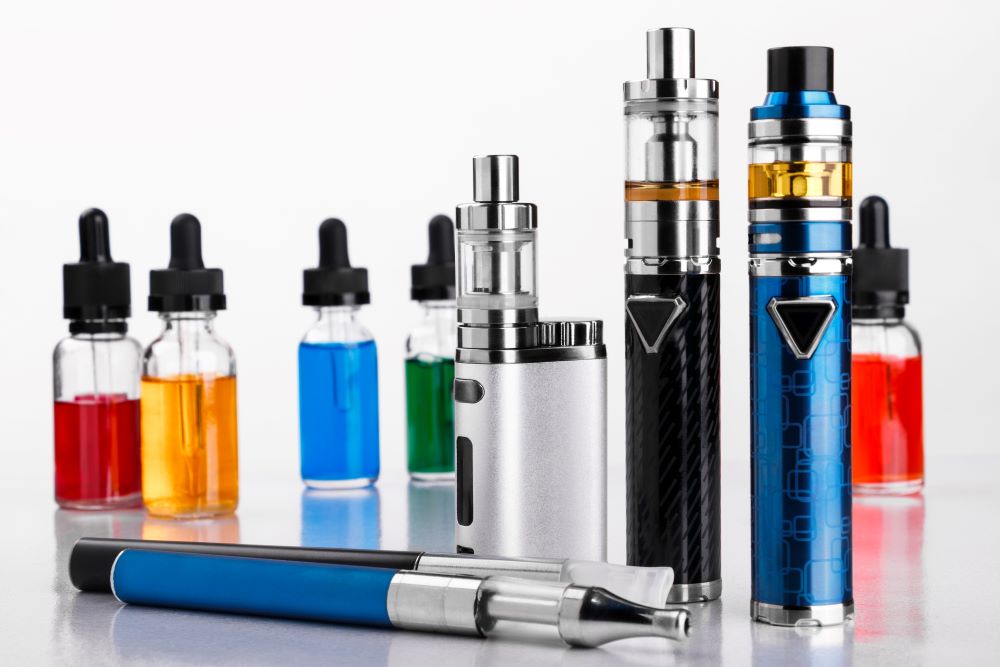
Authorities have been alerted to more than 100 retailers suspected of underage and illicit vape sales through the U.K. Vaping Industry Association’s (UKVIA) nationwide Be Vape Vigilant initiative, according to a UKVIA press release.
The ongoing campaign, which started at the end of 2023 and is supported by Trading Standards, the Association of Convenience Stores and the wider retail sector, was created to encourage legitimate businesses and the general public to help cut off youth sales and the supply of illegal products at source by turning in those retailers and wholesalers believed to be flouting the law.
A new online platform has been established as part of the initiative, through which suspected rogue traders can be reported. The UKVIA then passes the information on to the relevant authorities who will use the intelligence in their ongoing efforts to crackdown on rogue traders. To date, 136 reports have been made through the platform.
“Trading Standards Services rely on intelligence to target enforcement effectively and efficiently, so we are pleased that the Be Vape Vigilant reporting line is being used to let us know about people selling illegal vapes and/or selling vapes to children,” said Kate Pike, lead officer for vaping at Trading Standards. “The more intelligence the better from our point of view”
Of those businesses flagged, more than half were nonspecialist retailers including convenience stores, corner shops, off-licenses and market stalls. One of the sellers reported through the platform was a dessert shop and one was a private residence.
Almost 20 percent of all reports related exclusively to the underage sale of vaping products, while 47 percent related exclusively to illicit and noncompliant products. Overall, more than one-third of the reported businesses were believed to be guilty of both.
Other key data includes: 77 percent of the retailers were physical sellers while 23 percent were online; 84 percent of the retailers were located in England, 9 percent in Scotland and 7 percent in Wales; Swansea was the area with the highest number of reports; at least two of the retailers have previously been reported to Trading Standards and the police; and eight of the retailers were suspected of engaging in other illegal activity such as the supply of drugs and the underage sale of tobacco.
“I was pleased to see so many people have engaged with the campaign in the short time since its launch and thank all those who have used the Be Vape Vigilant platform to sound the alarm on retailers suspected of underage and illicit vape sales,” said UKVIA Director General John Dunne. “Many of the reports actually came from legitimate vape retailers, which makes clear that unscrupulous sellers are not welcome and will not be tolerated by our industry.
“The data gathered from the first batch of reports supports the link between youth access to vaping and illicit products with many of the retailers believed to be engaging in both. Further, the sheer number of reports, paired with the fact that two of the retailers have already been reported to the authorities, reinforces the need for greater resources and support for Trading Standards.”
Dunne added: “The UKVIA is currently involved in a major industry-wide consultation to develop a framework for vape retail and distributor licensing—due to be presented to parliamentarians in February—which could generate millions of pounds in additional funding for enforcement and further bring the hammer down on rogue retailers.
“While 100 reports is an excellent first milestone, this only represents a step on the journey to creating a more responsible and accountable sector—which is why the UKVIA will be ramping up this campaign moving into 2024 and is calling on those within and outside the industry to be vape vigilant.”
As part of the Be Vape Vigilant initiative, the UKVIA has also created a range of downloadable materials, which businesses can display in-store and online to mobilize the general public in helping to bring cowboy retailers and wholesalers to justice.

